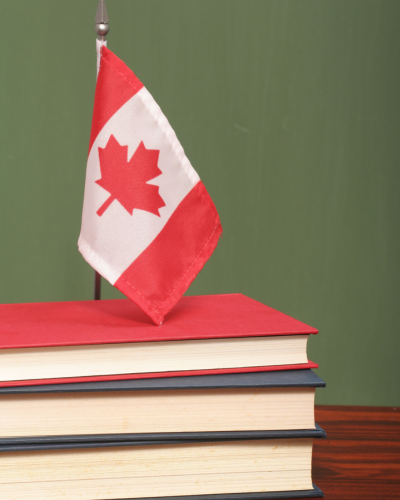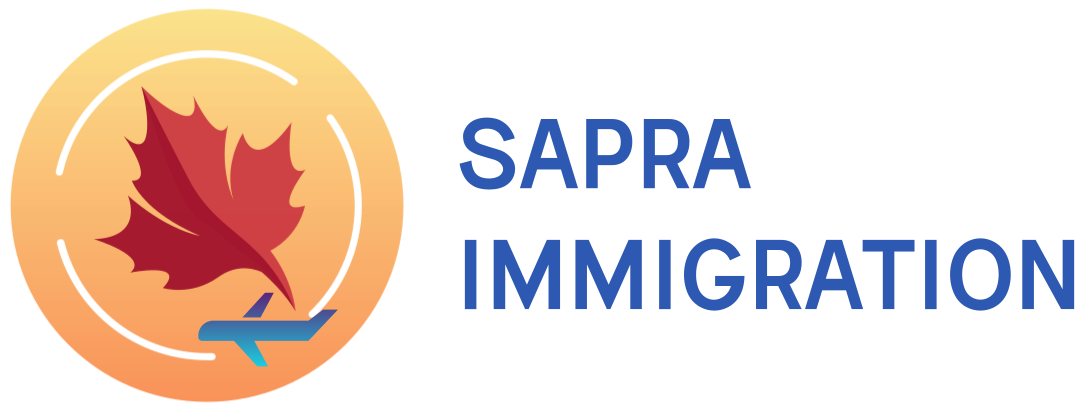
Studying in Canada as a Minor
Canada welcomes thousands of minor children each year who accompany their parents or arrive independently to pursue their education. Whether your child is coming with you as an international student or worker, or studying on their own, a study permit may be required depending on their situation.
Who Is Considered a Minor in Canada?
The definition of a “minor child” depends on the province or territory. In most parts of Canada, a minor is anyone under the age of 18, but in Alberta, Manitoba, Ontario, PEI, and Quebec, it is under 19.
When Does a Minor Need a Study Permit?
A study permit is required if the child:
● Is not a Canadian citizen or permanent resident, and
● Is attending elementary or secondary school in Canada
● Is not the child of a diplomat or visitor exempt from permit requirements
Exceptions:
Minor children inside Canada may study without a study permit if:
● They are in kindergarten
● They are refugees or refugee claimants
● Their parents are refugees or refugee claimants
● They are already in Canada accompanying a parent who is authorized to work or study
However, even if exempt, applying for a study permit provides proof of legal study status, which may be needed for extensions or future applications.
Documents Required to Apply for a Minor Child Study Permit
To apply for a minor’s study permit, you typically need:
● Proof of Acceptance from a recognized Canadian elementary or secondary school
● Valid passport or travel document
● Proof of relationship to the parent or guardian (birth certificate or legal documents)
● Custodianship Declaration (if the child is under 17 and not accompanied by a parent)
● Proof of financial support for tuition, accommodation, and living expenses
● Letter of explanation (if needed) outlining the study plans and guardian arrangements
Custodianship Requirement
Children under 17 years of age who come to Canada without a parent or legal guardian must have a custodian — a responsible Canadian citizen or permanent resident who will provide care and support.
The Custodianship Declaration Form (IMM 5646) must be signed and notarized both in the home country and Canada.
Duration and Extension of Study Permits
Minor children are typically granted a study permit that covers:
● The duration of the academic program
● The duration of the parent’s authorized stay (if applicable)
● Or, until the child reaches the age of majority
Permits can be extended from within Canada if the child continues schooling or if family status changes (e.g., parent becomes a permanent resident).
How We Support Families ?
At Sapra Immigration Services Inc., we provide compassionate and professional support for families relocating to Canada:
● Assessment of your child’s permit requirements
● School selection guidance based on location and academic goals
● Custodianship documentation and declarations
● Minor study permit application preparation and submission
● Support with extensions, visitor-to-student transitions, or dependent visas
Our RCIC-led team ensures your child’s application is accurate, timely, and fully compliant with IRCC regulations.
Help Your Child Begin Their Canadian Education Journey?
We are committed to helping families make informed, secure decisions about their children’s education in Canada.
